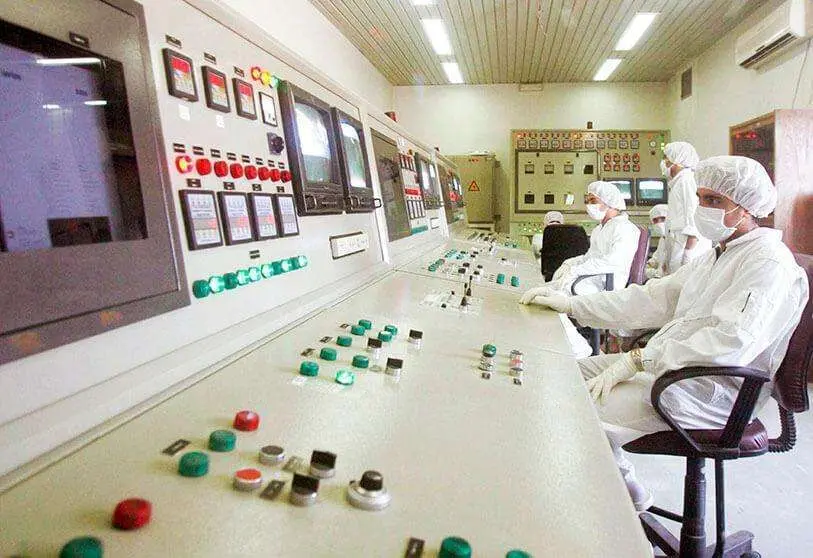Iran continues to tighten the noose on the nuclear deal

Iran is tightening its grip on the nuclear deal and is avoiding an agreement with the International Atomic Energy Agency (IAEA), which would allow the IAEA to carry out inspections and verifications of Iran's nuclear programme. The Islamic Republic and the IAEA reached an agreement last April for 90 days, extended in May for one month, to ensure inspection of Iran's nuclear programme through surveillance cameras.
This agreement came to an end on 24 June and, according to IAEA Director Rafael Grossi, a new agreement has not yet been reached. According to an official IAEA communiqué, the organisation sent a letter last week to the Iranian authorities indicating that for the IAEA "it would be essential to know Iran's position" on the matter.

For its part, Iran has stressed that the interim bilateral agreement with the UN nuclear agency on inspections "should not be considered an obligation" for its country, which is only committed to complying with the controls, according to EFE. In the same vein, the Iranian representative to the UN nuclear agency, Kazem Gharibabadi, asserted that "undoubtedly, any decision taken by Iran in this regard will be based solely on its political considerations, and the agency (IAEA) cannot and should not consider it as something to which it is entitled".
The agreement between Iran and the IAEA was intended as a confidence-building mechanism ahead of negotiations in Vienna aimed at reviving the 2015 nuclear deal. After six days of talks, the talks remain deadlocked on the same points as at the beginning, such as the lifting of the economic sanctions imposed on Iran. At the end of the last day of negotiations, the representatives of the different countries that adhered to the nuclear pact, including China, Russia, France, Germany and the United Kingdom, gave a positive assessment of the meeting.

Despite the enthusiasm shown after the last round of talks in Vienna, recent events could torpedo a possible understanding between Iran and the United States. Elections in the Islamic Republic and the election of an ultra-conservative, Ebrahim Raisi, as the new president have strained relations between the Persian country and the US. The White House has described the elections as neither "free nor fair". Iran, for its part, has criticised continued US interference in the country's internal affairs.
A few days after the elections in the Islamic Republic, the US Department of Justice blocked access to 33 Iran-related websites accused of conducting a "global disinformation campaign" to influence US policy and promote Iranian propaganda around the world. In response, Mahmoud Vaezi, chief of staff to current Iranian President Hasan Rohani, accused the US of acting in a manner that is "not constructive" to the ongoing talks on the nuclear deal.

In this context, the next round of negotiations looks set to be decisive in order to finally reach a conclusion to the talks in Vienna, with the aim of reaching an agreement before August, when the new Iranian president will be sworn in.








